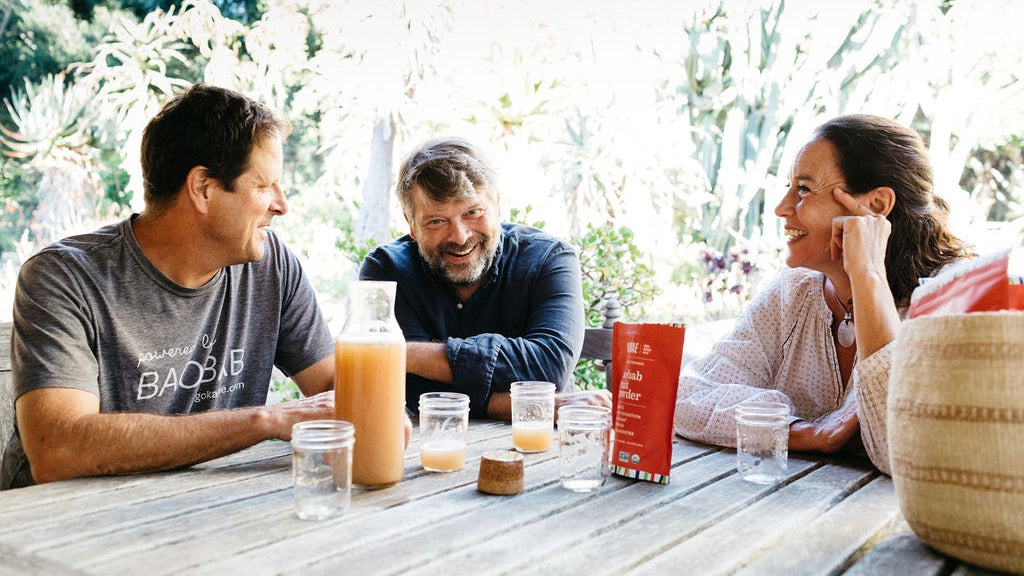
The team
= Hello, how are you, are you well?
What does "KAIBAE" mean?
a greeting in Kusaal, the language spoken by our harvesting partners in Ghana
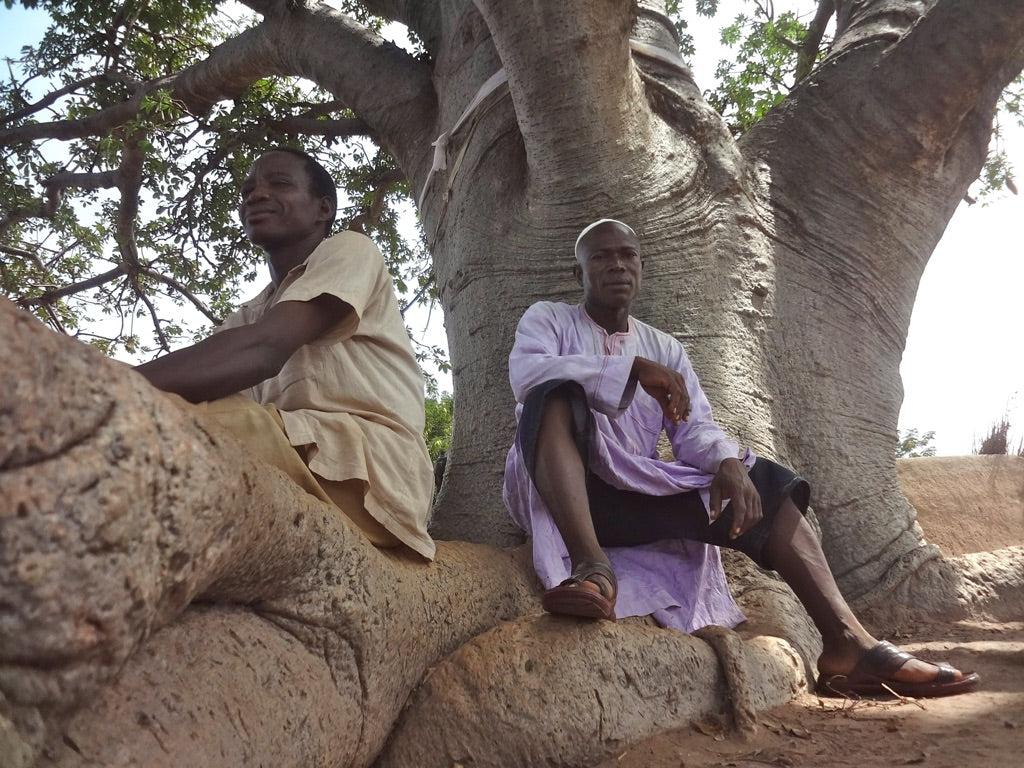
A true story
It is the story of a naturopathic doctor and a botanist-humanitarian, and their driving desire to make the world a better place. It is the story about how they came to know the potential of wild plants once considered Lost Crops™ to promote health, beauty, community and the environment.
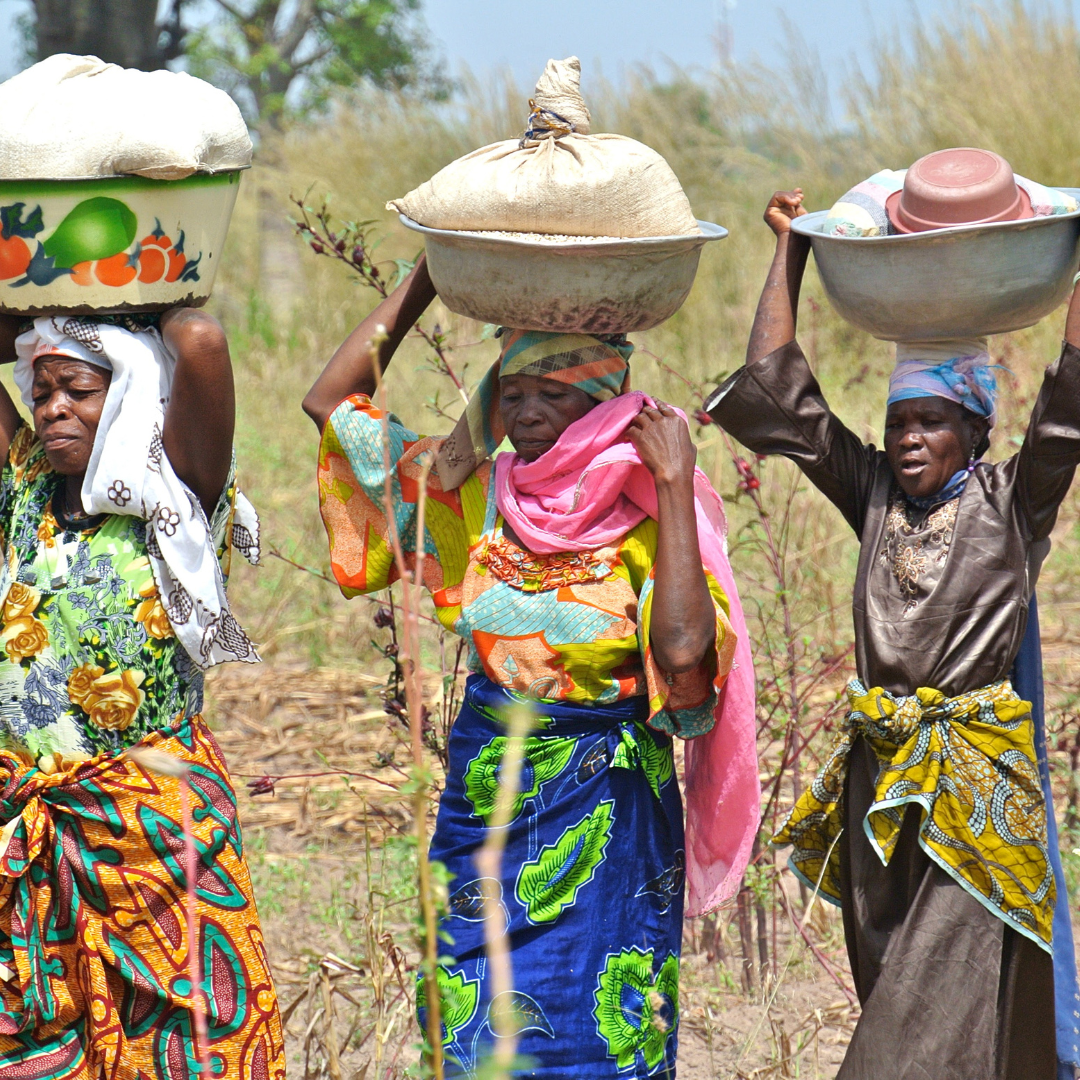
KAIBAE
"KAIBAE means Hello how are you? Are you Well ? In Kusaal the language spoken by our community partners in Northern Ghana. It takes me back to the first time we met with community members in Bawku a remote village in northern region. We named our company KAIBAE because it keeps us connected to the energy and enthusiasm of that first day with people cheering KAIBAE ! KAIBAE! Welcome!" Dr. Luc Maes, co-founder.
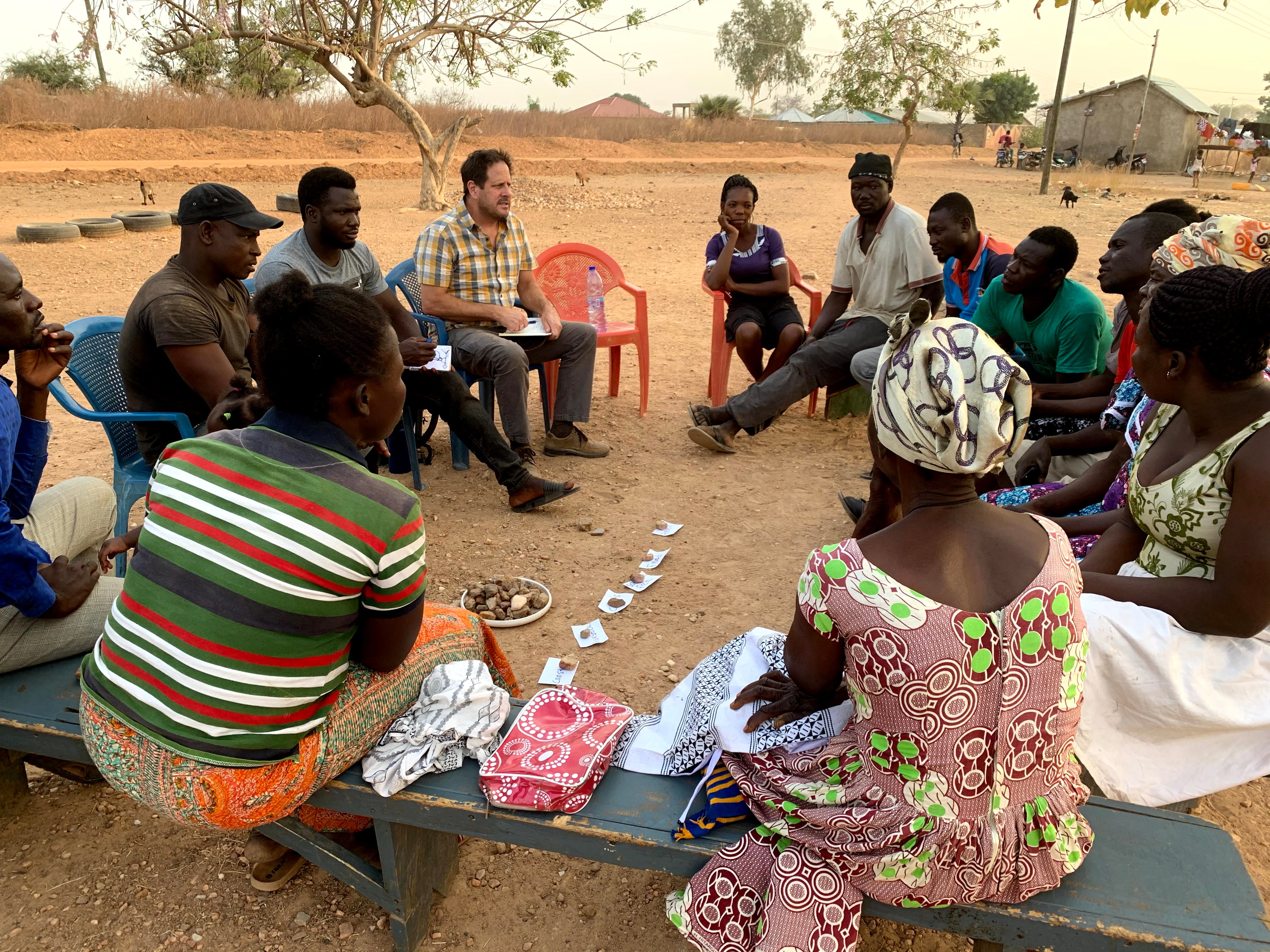
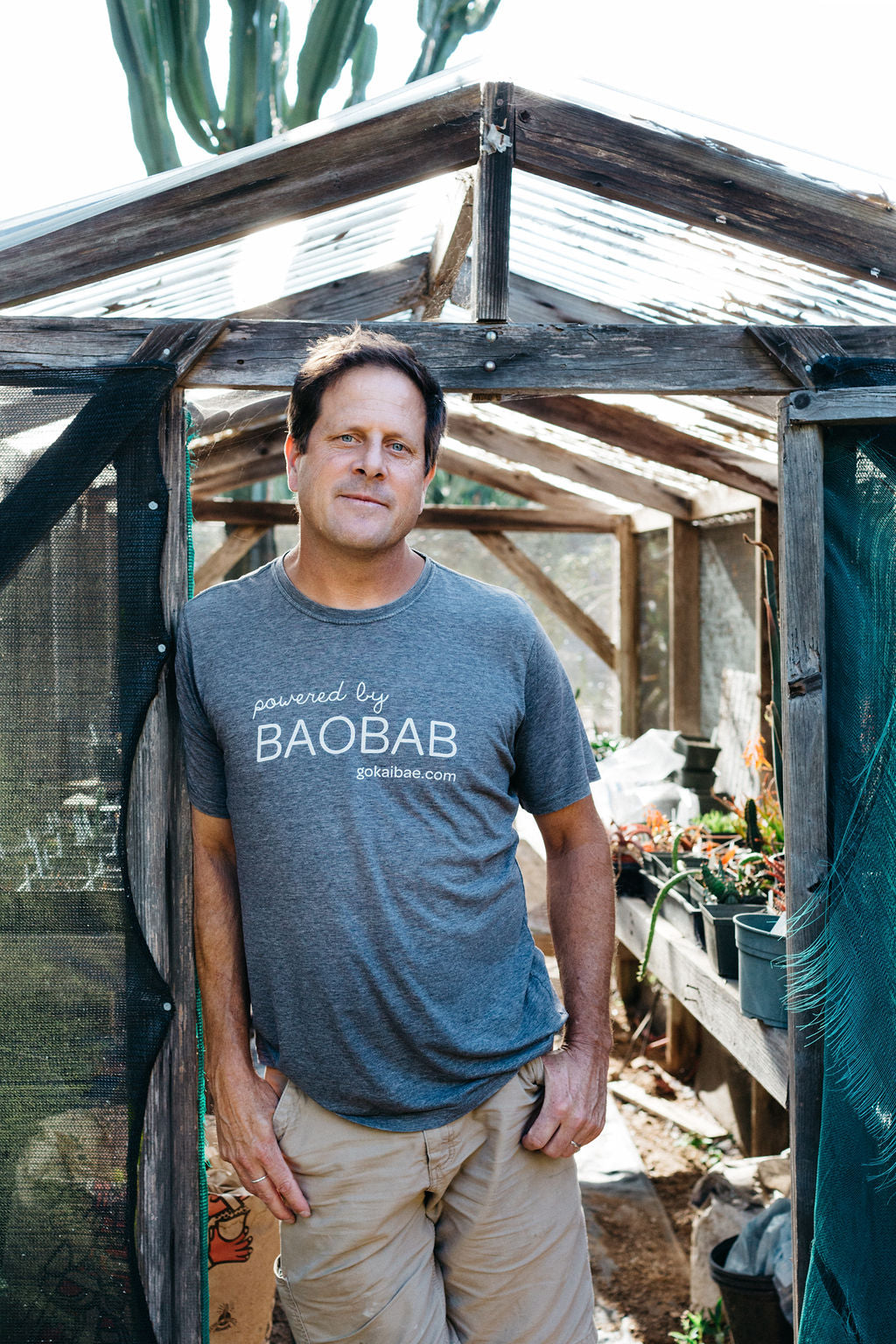
Thomas Cole
The Botanist Humanitarian
Thomas has more than 25 years experience in sustainable agriculture, community development and humanitarian response work across Sub-Saharan Africa. Tom works as an agro-ecologist and drought management advisor for global USAID food security programs. Tom is a world class frisbee player and Aloe expert.
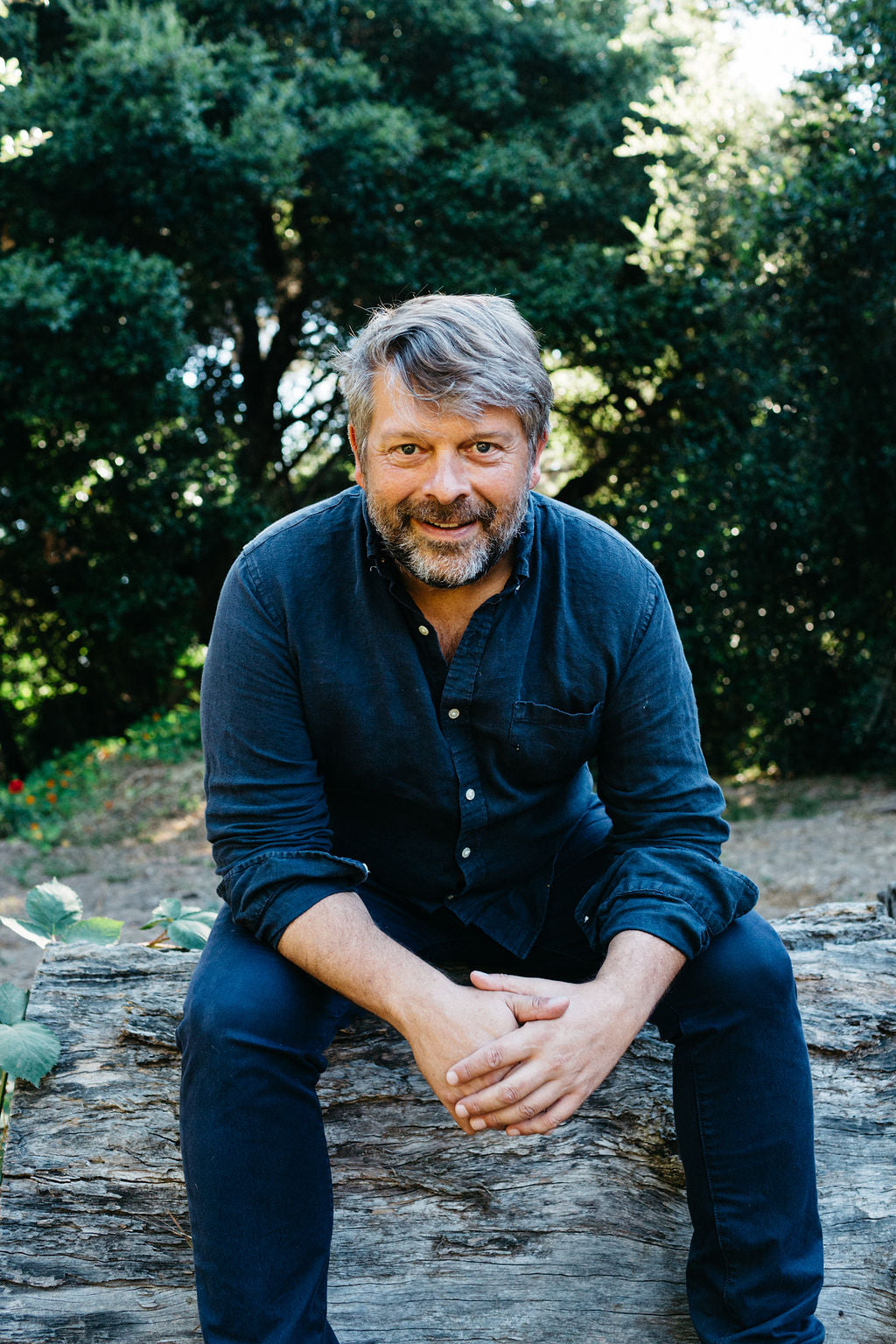
Dr. Luc Maes
The Doctor, Researcher
Dr. Luc is a Doctor of Naturopathic Medicine with 30 years of practice experience integrating Functional Medicine, Classical Homeopathy and Medical Botany at the Maes Center for Natural Healthcare in Santa Barbara California. His research includes the study of ethnobotany throughout Africa, Central and South America. When not behind his desk is he is out hiking, sailing or exploring nature.
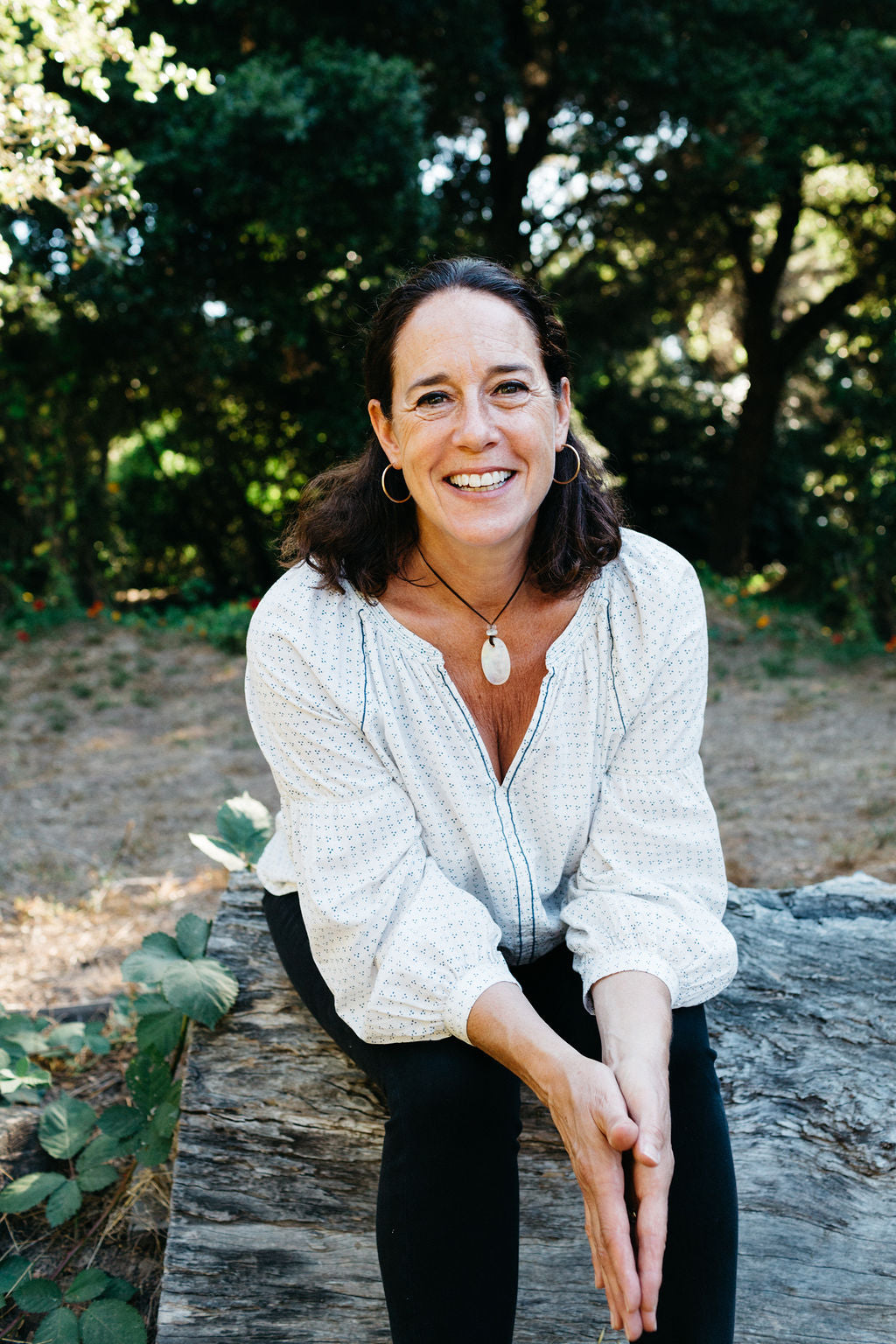
barbara maes
The Curator , AKA Baobab Barb
Barbara has 30 years experience in advertising, marketing and business development. Barbara’s journey includes work as a curator and project manager for the cities of Chicago and Portland’s 1% for the Arts Public Programs. She manages the Maes Center for Natural Health Care and KAIBAE. Barbara loves yoga, hiking and rewilding every moment she can.
